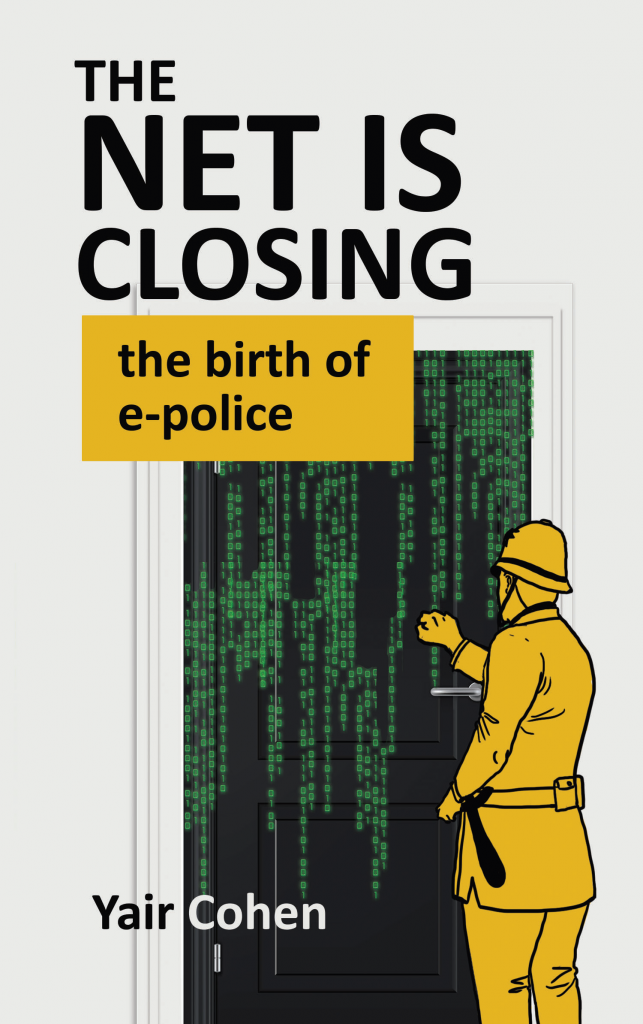It is clear that there is already an increasing sense of discomfort, anger and frustration expressed by a growing number of members of the public, regular people who feel their natural sense of justice and fairness is being disoriented by the highly confusing approach of law enforcement agencies to crimes committed against them on the internet.
As I speak to hundreds of victims of all sorts of online wrongdoings each month during my public presentations, through my blog (YairCohen.co.uk), on radio programmes and in private consultations at my law firm, I can sense a clear change of heart among the many who have had the misfortune of experiencing, directly or through individuals close to them, some of the most personally horrifying consequences of the impotence of the internet self-policing regime.
The r ealisation by many that you either have to spend the rest of your life being trolled or harassed, or pay lawyers to help you try and expose online criminals is daunting.
ealisation by many that you either have to spend the rest of your life being trolled or harassed, or pay lawyers to help you try and expose online criminals is daunting.
It is resulting in a two-tier justice system that only serves the wealthiest in society whilst the rest of us have to rely on an uninterested and ill equipped police force not fit for purpose, or on groups of vigilantes to achieve some sense of justice.
Moving away from self-policing does not necessarily mean the creation of ‘thought police’ or a ‘snooping unit’, but rather it is intended to make people feel safer online and bring our police into the twenty-first century. The police should understand the new needs of the community it is serving and provide the community with practical solutions to its growing fear of lawlessness.
There is no doubt that actions in cyberspace have corresponding effects in the ‘real’ world, and that these two societies are not distinct. Something needs to change so that internet users start to feel both protected and held accountable according to the same principles and laws that exist offline. Yet some people continue to deny this. Members of the public, sections of the media, and many of our politicians still choose to turn a blind eye to the inadequacies of the system of internet self-policing.

